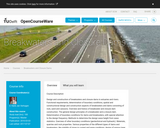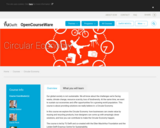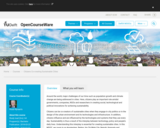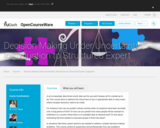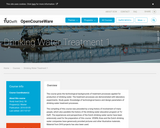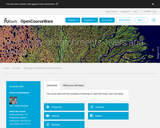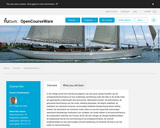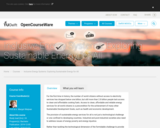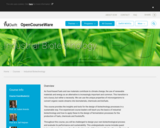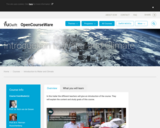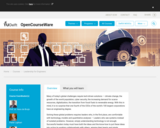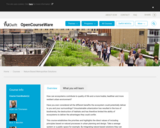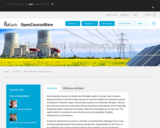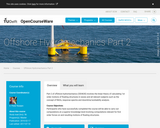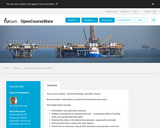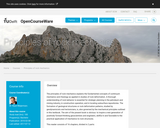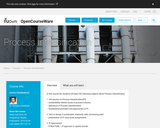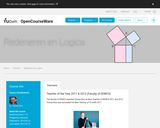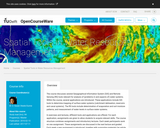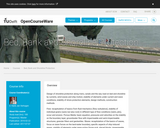
Design of shoreline protection along rivers, canals and the sea; load on bed and shoreline by currents, wind waves and ship motion; stability of elements under current and wave conditions; stability of shore protection elements; design methods, construction methods. Flow: recapitulation of basics from fluid mechanics (flow, turbulence), stability of individual grains (sand, but also rock) in different type of flow conditions (weirs, jets), scour and erosion. Porous Media: basic equation, pressures and velocities on the stability on the boundary layer; groundwater flow with impermeable and semi-impermeable structures; granular filters and geotextiles. Waves: recapitulation of the basics of waves, focus on wave forces on the land-water boundary, specific aspects of ship induced waves, stability of elements under wave action (loose rock, placed blocks, impermeable layers) Design: overview of the various types of protections, construction and maintenance; design requirements, deterministic and probabilistic design; case studies, examples Materials and environment: overview of materials to be used, interaction with the aquatic environment, role of the land-water boundary as part of the ecosystem; environmentally sound shoreline design.
- Subject:
- Career and Technical Education
- Technology and Engineering
- Material Type:
- Full Course
- Lecture
- Reading
- Textbook
- Provider:
- Delft University of Technology
- Provider Set:
- Delft University OpenCourseWare
- Author:
- Ir. H.J. Verhagen
- Date Added:
- 02/22/2016
